Welcome, gardening enthusiasts! If you've ever wondered whether compost or manure is the better choice for your garden, you're not alone. This age-old debate has passionate advocates on both sides, each praising the virtues of these natural fertilizers.
In this guide, we'll dive deep into the basics of both, comparing their nutritional benefits and exploring the best application techniques to transform your garden into a lush paradise.
Compost vs. Manure: Understanding the Roles
Both compost and manure are valuable additions to your garden, but they serve different roles in building healthy soil.
- Compost: Ideal for improving soil texture and adding a wide range of beneficial microbes. It is a sustainable way to recycle organic kitchen and yard waste.
- Manure: Known for its high nitrogen content, it is particularly effective for boosting rapid plant growth, especially for leafy vegetables.

Nutritional Benefits: Comparing Compost and Manure
The Power of Compost
Compost is often called "Black Gold" for its ability to improve soil health. Rich in organic matter, it enhances soil structure and water retention. It provides essential nutrients like nitrogen, phosphorus, and potassium that are gradually released, ensuring a steady supply over time and reducing the risk of nutrient leaching.
The Power of Manure
Aged manure is a powerful soil amendment that acts as a quick nutrient boost. Because it is high in nitrogen, it is especially beneficial for crops that require significant energy, such as corn and lettuce. However, it must be aged properly to ensure it's safe for your plants.

Is Compost or Manure More Budget-Friendly?
Cost is a key factor for many gardeners. Here is how they compare:
- Compost: Creating your own at home is the most budget-friendly option. Utilizing kitchen scraps and yard waste is free and reduces environmental impact.
- Manure: Often available at a low cost or even for free from local farms. While cost-effective, remember to account for transportation and the time needed for aging.
Common Mistakes to Avoid
To get the best results from your organic fertilizers, keep these tips in mind:
Composting Best Practices
- Maintain Balance: Keep a healthy mix of "green" materials (nitrogen) and "brown" materials (carbon).
- Avoid Pests: Do not add meat, dairy, or oils to your compost pile, as these attract unwanted animals and cause odors.
- Aerate Regularly: Turn your compost often to provide oxygen, which helps beneficial bacteria break down organic matter faster.

Manure Safety Tips
- Never Use Fresh Manure: It can burn roots and may carry pathogens. Always ensure it is well-aged or composted.
- Mind the Harvest: For food safety, apply manure at least 120 days before harvesting root crops and 90 days for above-ground crops.
Conclusion
The choice between compost and manure depends on your garden's immediate needs. Use compost for long-term health and texture improvement, and choose aged manure for a quick fertility boost. Happy gardening!


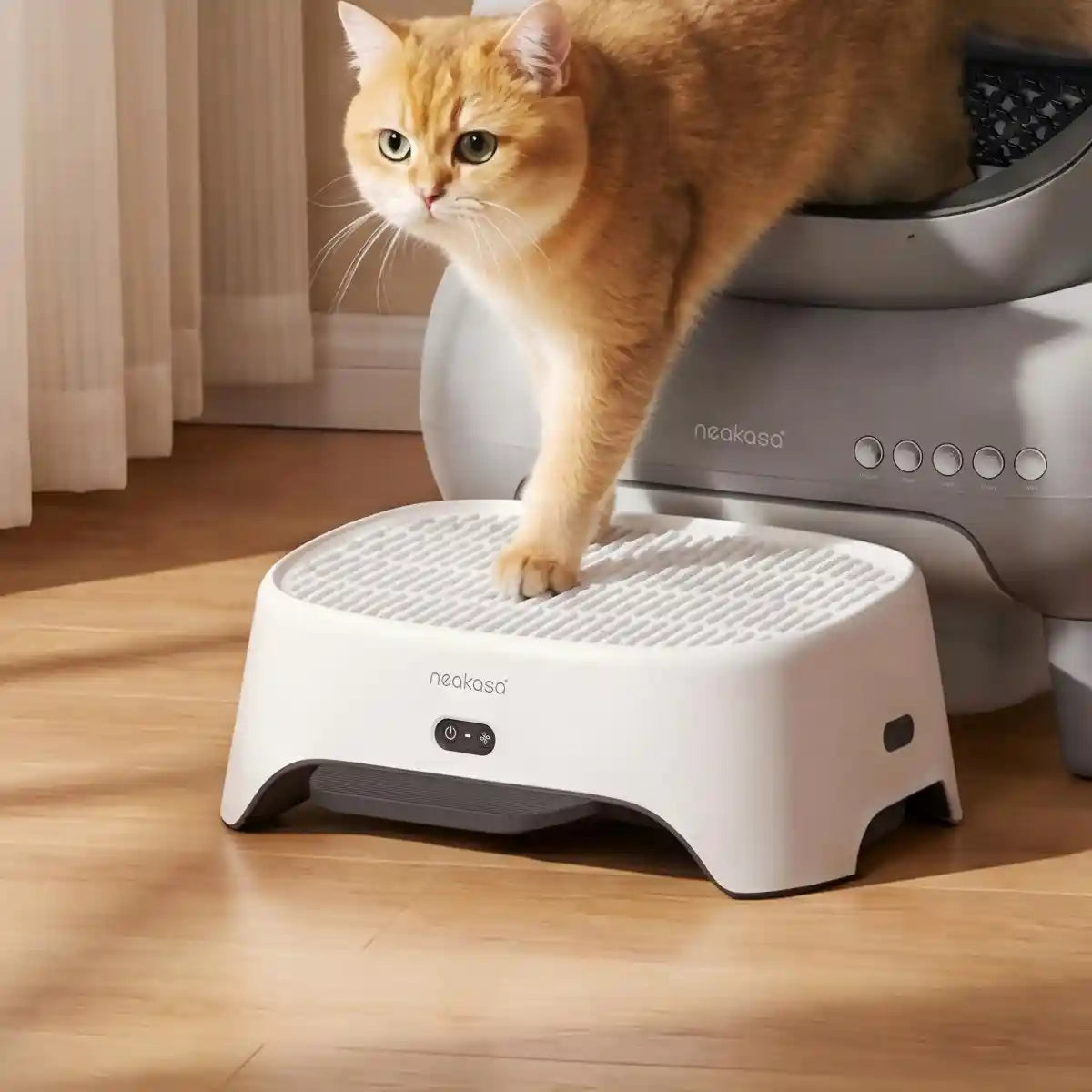
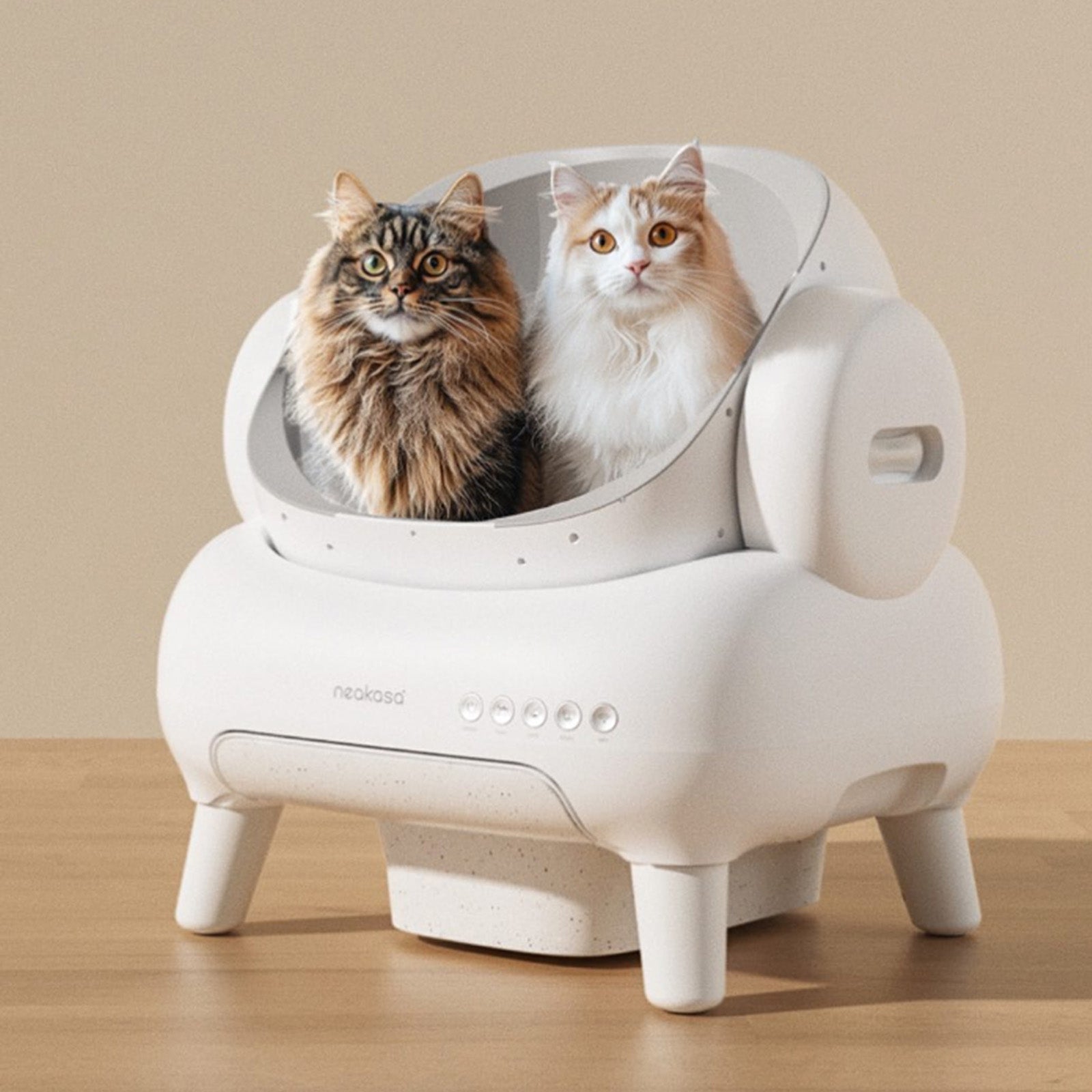

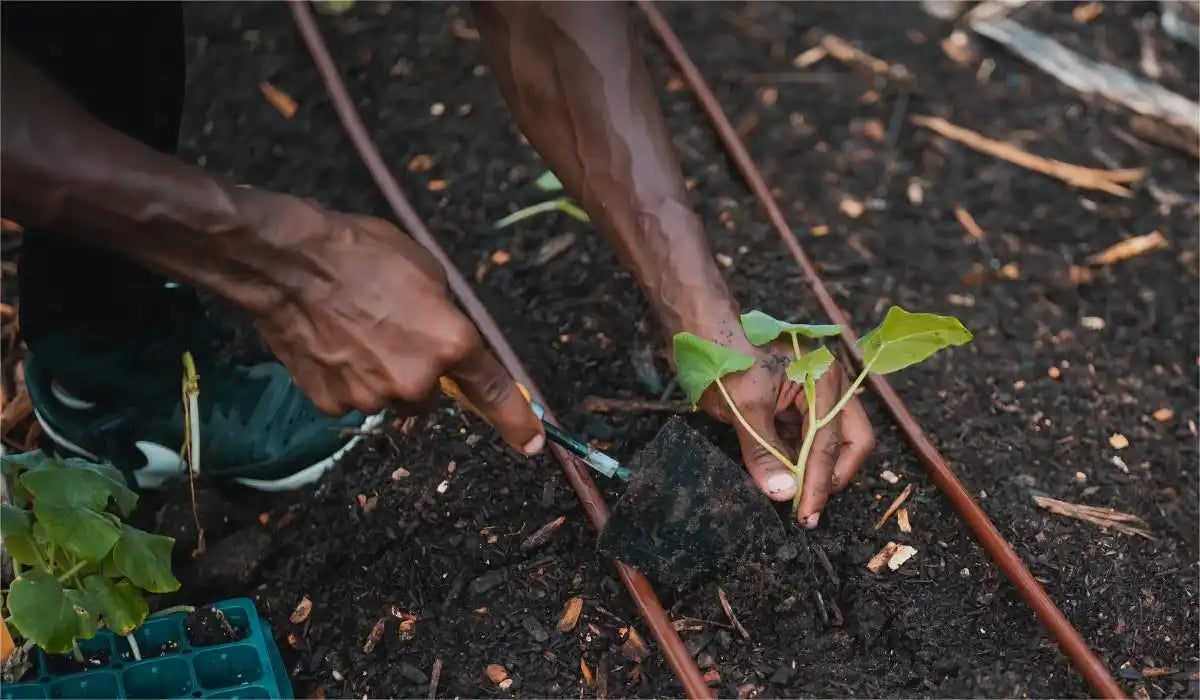
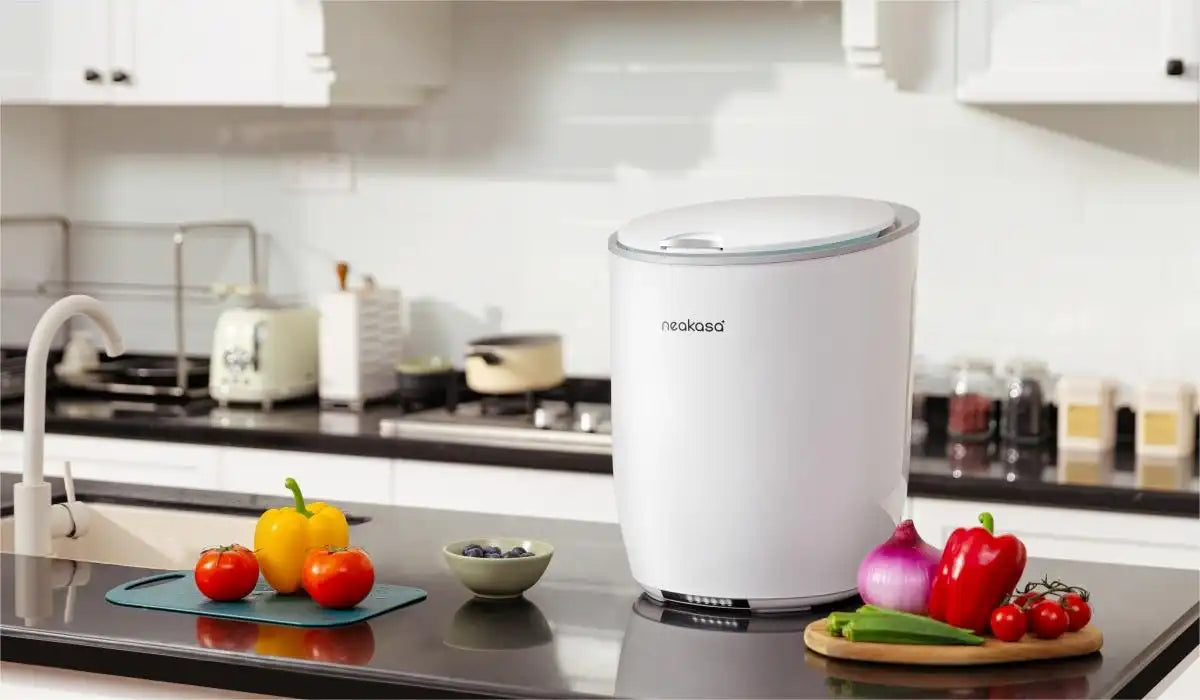
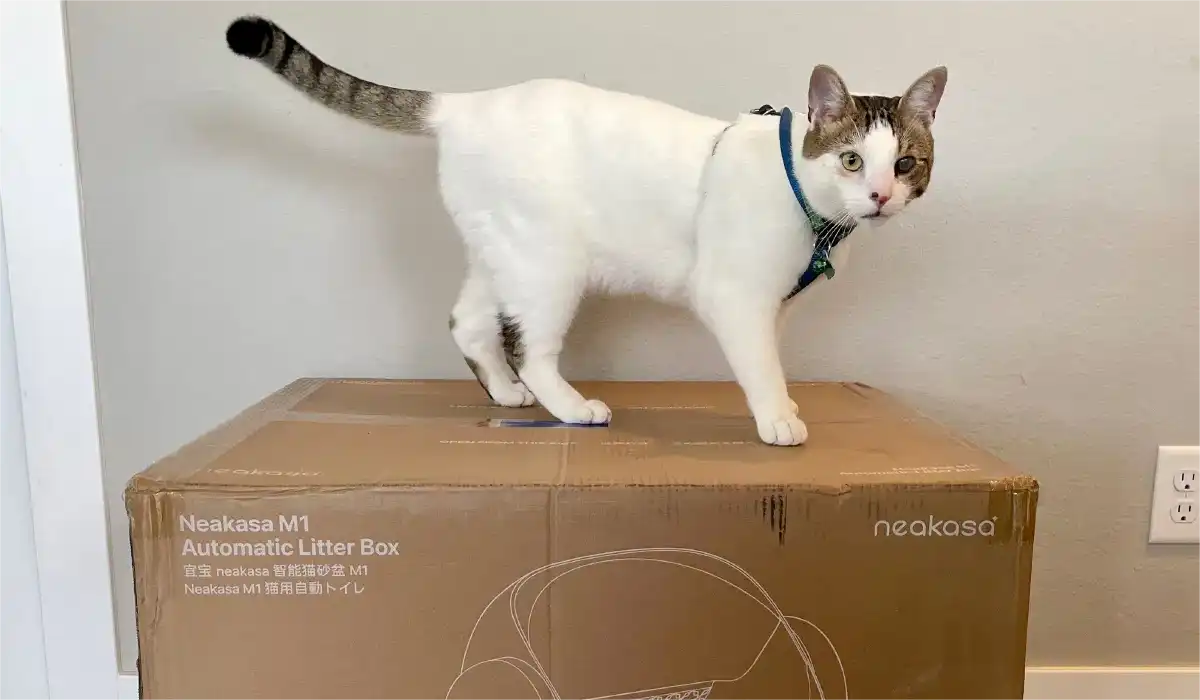
Leave a comment
This site is protected by hCaptcha and the hCaptcha Privacy Policy and Terms of Service apply.